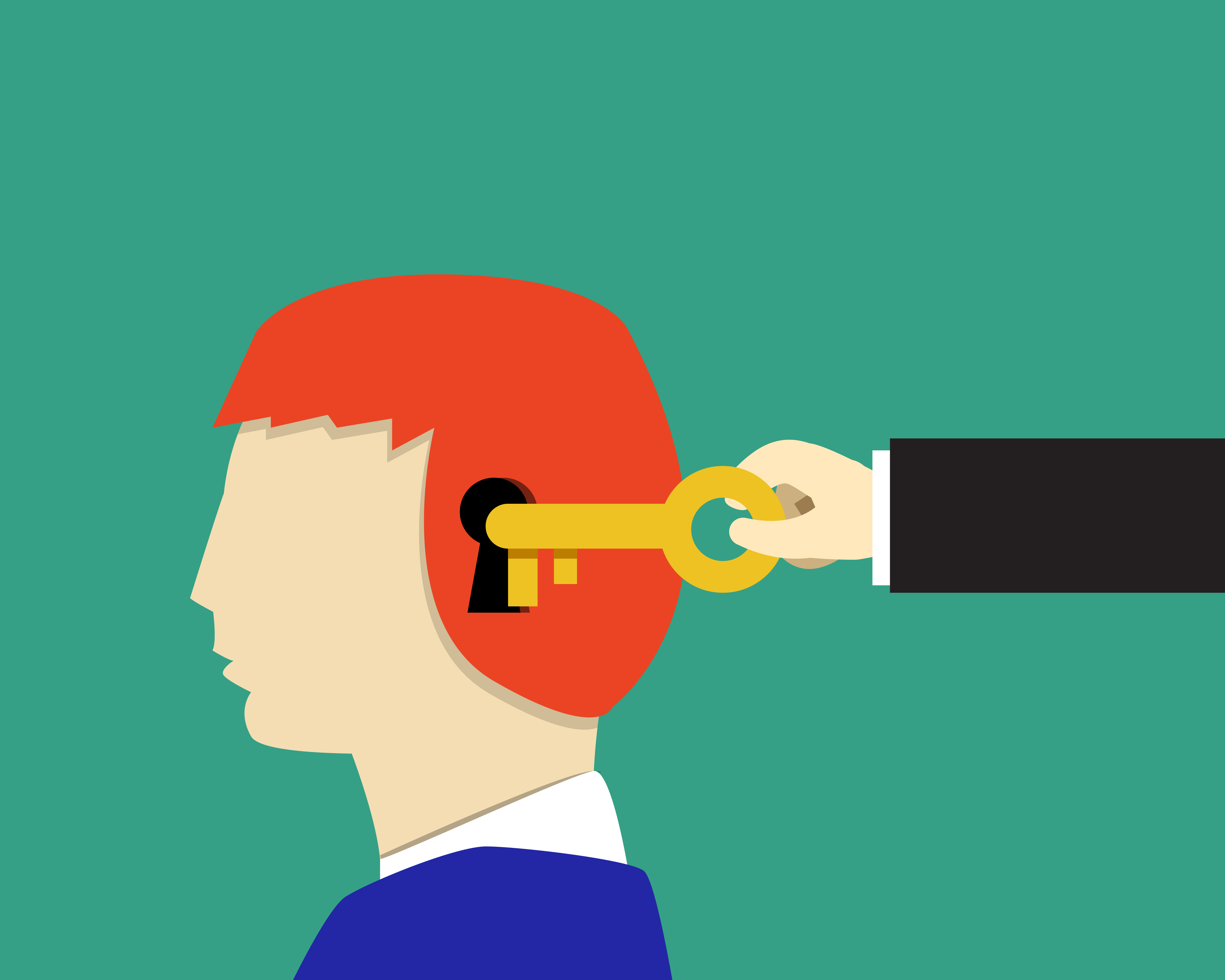A: This kind of shyness is common in children, and it is not a disorder or even a problem. I don’t know anything about your family. I don’t know whether you are experiencing a trauma or transition, and I don’t know about the disposition of you and your partner. In lieu of this information, I am going to explain the theory behind why children are shy in front of adults and strangers and see whether we can understand your son a little more.
In developmental theory, there is a reason that children become shy around strangers (usually when the baby is between 7 and 9 months old). Babies can attach to almost anyone who cares for them. Why? Their primary needs are that they are held, fed, clothed, diapered, cleaned, spoken to and picked up when they cry. Because of the fragility of humans (women dying during childbirth is still not uncommon), babies must be able to attach to any caregiver. But as babies grow and their caregiver stays the same, they become more comfortable with that person and form a deeper and deeper attachment.
Because the healthy development of humans and some other mammals depends on this emotional dependence and vulnerability, it would stand to reason that a young child has few deep attachments. Your son cannot take cues from every adult in his life. He learned to speak from listening and mimicking you. He learned to get dressed and eat from watching and mimicking you. When he began to have ideas and opinions of his own, he shared what was in his heart with you. Why? Because he is emotionally and physically safe with you. And you say yourself that your son is chatty and happy around those with whom he feels safest. Great! That’s what you want. Even introverts are free and animated around those with whom they are most connected. So we have one simple answer as to why your son clams up around people he doesn’t know well: He doesn’t feel safe with them.
But there is also something else that I am reading in your letter: a misunderstanding of what it means to have self-esteem and confidence. I think you know deep down that you cannot force your son to have confidence when you write, “I understand that part of this may be his personality.” There was never a point in your life when you were an empty vessel, waiting for someone to pour in self-esteem. Being confident and courageous means having a healthy and reasonable fear and going after what you desire anyway. True confidence requires that we talk to ourselves a bit. “This is scary, but I can do it.”
Confidence requires maturity, and no one has been bullied into maturity. So my fancy advice? Lay off. He is 6. He doesn’t need constant activities, and they aren’t working. He is still timid and hanging back. Will there be a time when he enjoys being part of such groups? Maybe. Until then, don’t see his participation as a fix for a boy with whom there is nothing wrong.
[sc name=”Button Conflict to Cooperation Right”]
In the meantime, accept him completely for who he is. Play with him and say: “Jeez, it makes me nervous when people ask me questions right on the spot. What about you? Let’s play a game where we answer the questions with total silliness!” And then he can ask you your favorite food, and you can blurt out, “Boogers!” And then ask him, and he’ll blurt out something funny. Keep role-playing and giggling until you see a little spark in him. The spark will feel simultaneously like relaxation and excitement. Then you can work on real answers.
Above all, accept him for who he is. We don’t need any more “strong” men marching around. We need sensitive, bright and caring men who are brave enough to take the last spot in line. Don’t be afraid of that.
Find this over on The Washington Post.
Are you interested in getting parenting support? Click Here.
